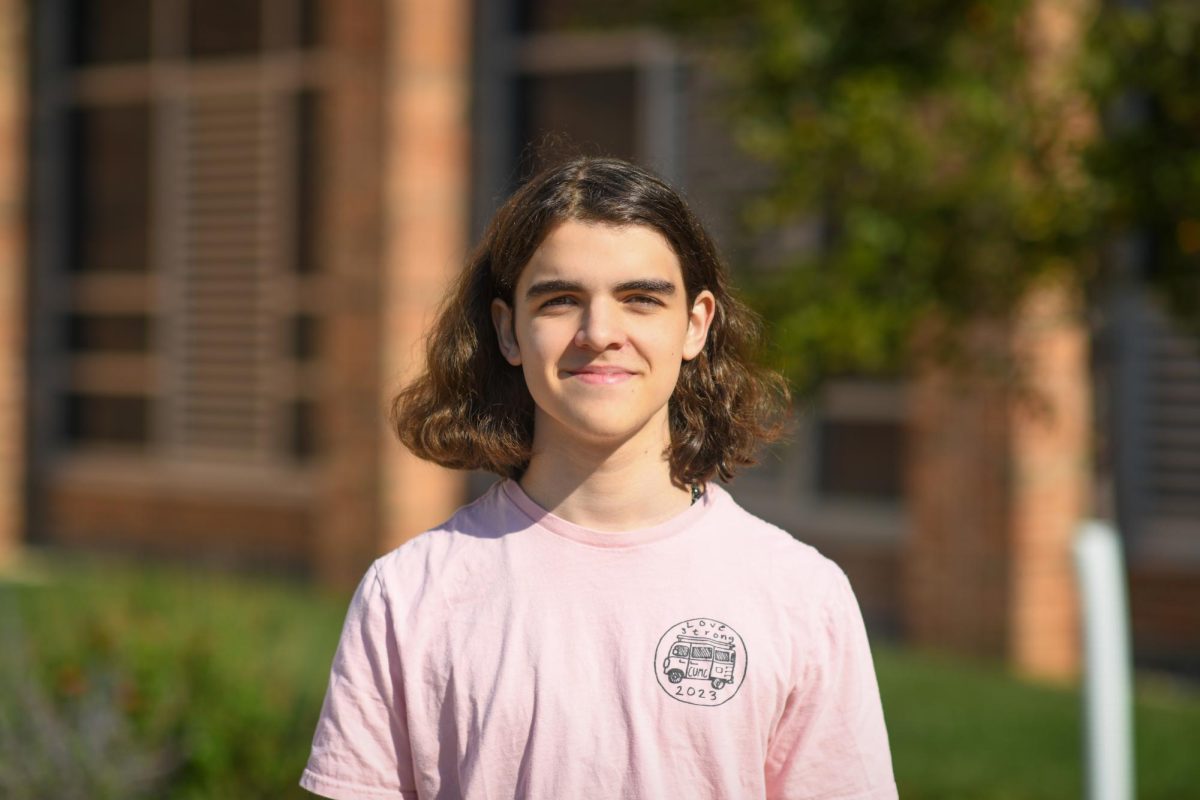By Katie Peplow
Born in Pennsylvania in 1912, Bayard Rustin began his leadership in civil rights at a young age. His grandmother was a member of the NAACP, and campaigned against Jim Crow laws in his youth. He attended an AME church-run college in Ohio called Wilberforce University starting in 1932. In 1947, he helped organized one of the first freedom rides to test a Supreme Court ruling. Fourteen men participated and they were arrested several times.
One year later he travelled to India to learn about nonviolent civil resistance. Rustin is now remembered for being such a strong advocate for this kind of protest. He became a member and then leader of many civil rights groups until 1956 when he focused his attention on aiding Martin Luther King, Jr. While an adviser for King, he was the chief organizer for the March on Washington in 1963.
After the passage of the Voting Rights Act of 1965, he focused on progressing politics and the economy of working-class African Americans. Throughout the 1970s he acted as the national chairman of Social Democrats, USA. As a gay man, Rustin was attacked by segregationists as having an “immoral influence” after being arrested for a homosexual act in 1953. After over a decade, in the 1970s he finally focused some attention to gay and lesbian causes by publicly advocating.
Rustin died in 1987 while on a mission trip in Haiti. His New York Times obituary cited a quote of Rustin: “The principal factors which influenced my life are 1) nonviolent tactics; 2) constitutional means; 3) democratic procedures; 4) respect for human personality; 5) a belief that all people are one.”
In 2013, he was posthumously awarded the Presidential Medal of Freedom by President Barack Obama.
All images used legally by/from AP images.














